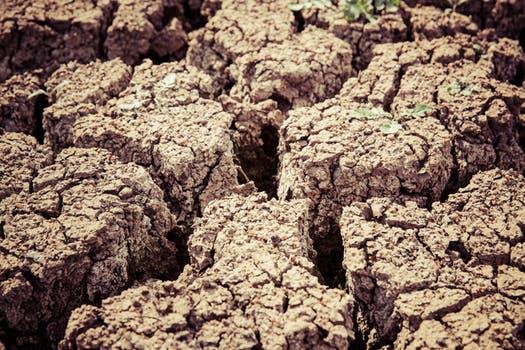Countdown to Day Zero: Cape Town is the First Global City to Face Existential Crisis due to Drought.
Victor Marttin, Graduate Research Assistant, Institute for Sustainable Energy

Cape Town has avoided Armageddon until 2019. This particular apocalypse is Day Zero, when authorities will be forced to shut off water services to its 4 million residents. A three-year drought, combined with rapid population growth, has drained the city’s water reservoirs to 27% of normal levels. In response to the crisis, local leaders asked residents to use under 50 liters per day (compared to America’s 380L per day), and are considering rationing to 25L per day. The city has already reduced water pressure, and is enforcing rationing with armed guards at wells, and police patrols to make sure no one uses more than their fair share.
Despite these efforts, the reality is this is uncharted territory: no one knows what it means for a major city to lose water. According to one city official, Day Zero will be “unpleasant”. Predictably, experts assume the city’s poorest areas will suffer the worst. Residential water will be cut off, with water to schools and hospitals maintained for as long as possible. Residents already flock to burst pipes with buckets in the hopes of stock piling water for the shortage. Newspapers report bottled water shortages, and the city government is debating freezing prices to preserve affordability. Questions still remain about power generation and the sewer network.
Some efforts have been made to estimate economic impact. As expected for a total drought, losses will drastic as manufacturing, services and agriculture are forced to shut down. For example, the region’s $1.9 billion wine industry has already taken massive losses, and will continue to suffer until they can replant. Overall, 33,000 agricultural jobs have been destroyed by the lack of water.
City officials hope to extend the current supply as several emergency desalination plants are brought online. These projects have caused considerable debate around their cost and delays. A water levy or “drought tax” has been proposed. Unsurprisingly, pushback has been strong, as angry citizens accuse the government of transferring the costs of poor planning to its citizens. The costs are astronomical, with just one large facility costing $1.3B, approximately 1/3rd of the city budget. Cape Town has long been an opposition stronghold, causing many to suspect the national government is being purposefully slow to help. Furthermore, scientists have raised health concerns around contamination from ocean sewer outflow being taken in by the plants.
Cape Town is lucky to be a coastal town, with a ready supply of water, but other countries facing drought may not have the luxury of desalination. India is rapidly running out of water, threatening agriculture and power generation in large swaths of the subcontinent. Climate change’s effects are just beginning, and as South Africa’s Deputy Prime Minister warns: any country could be next.
If you are interested in monitoring Day Zero, Cape Town has a dashboard with relevant information.